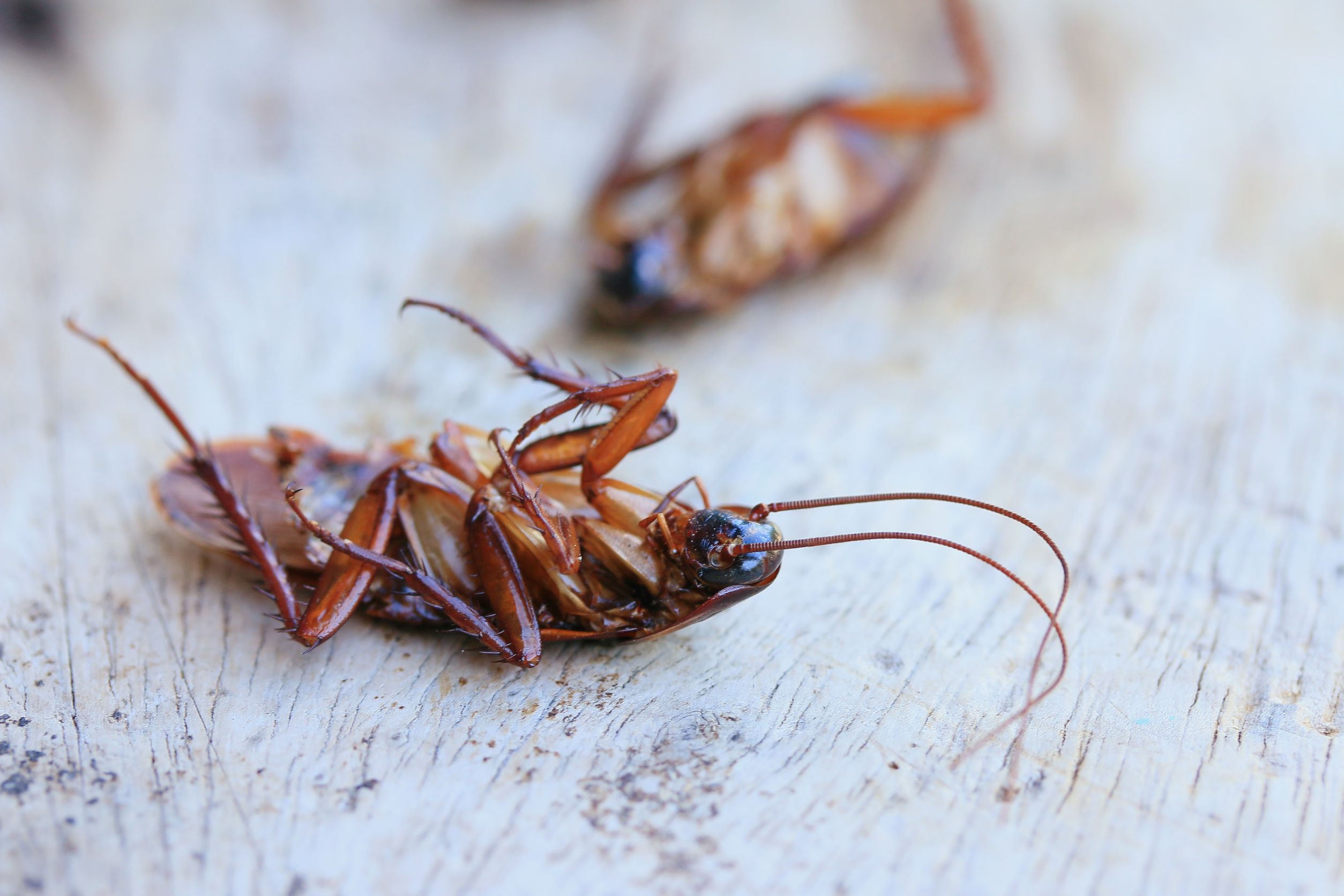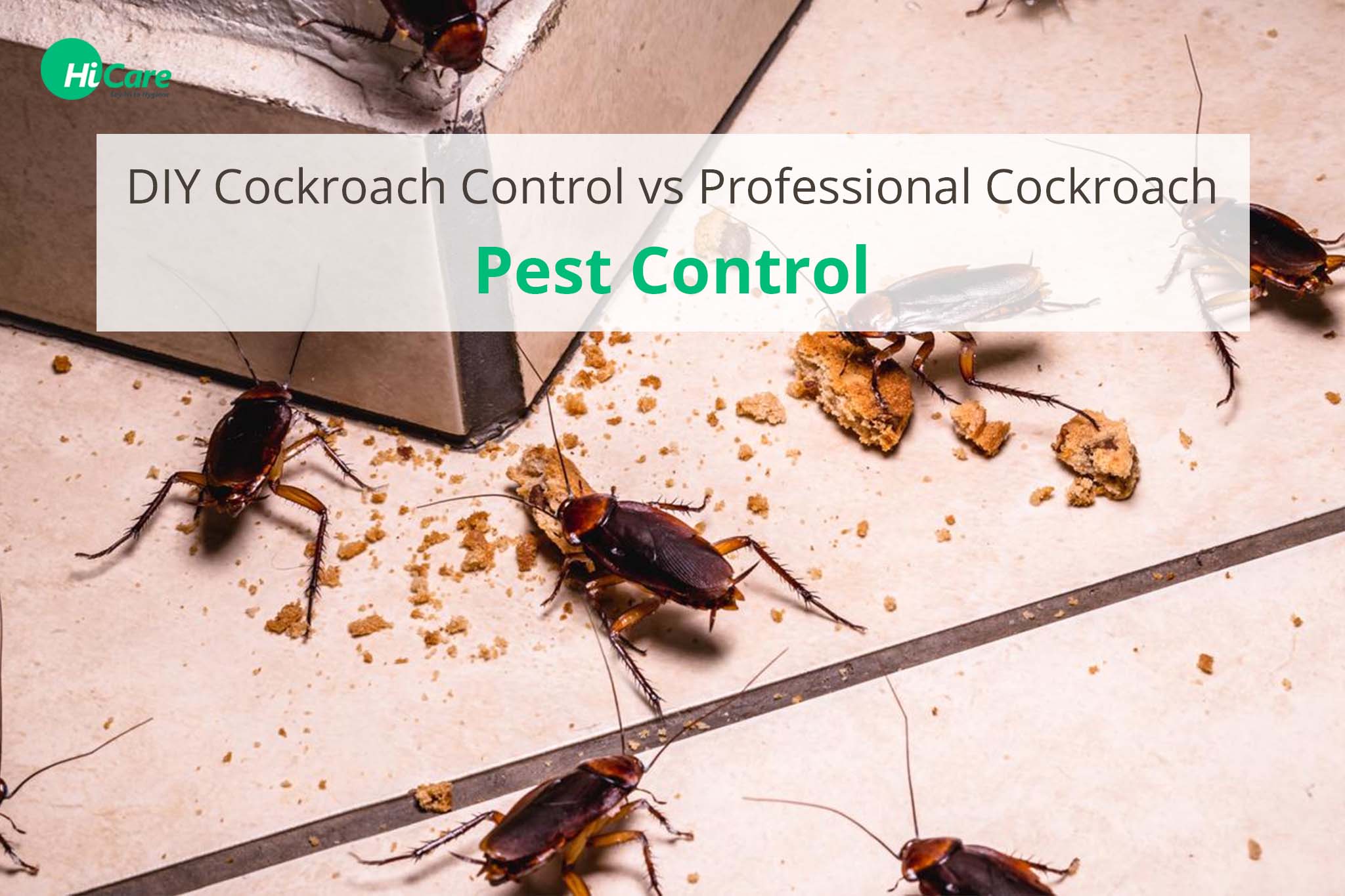Discovering Various Insect Control Approaches to Accomplish Long-Term Success in Handling and Preventing Problems in Residential Areas
Effective parasite control in property areas demands a multifaceted technique that balances immediate results with lasting sustainability. By taking a look at a variety of methodologiesâEUR" including green options, chemical options, and Integrated Insect Management (IPM) âEUR" house owners can create techniques that not only deal with present invasions however likewise prevent future incidents. This expedition exposes the possibility of ingenious methods and arising modern technologies that might redefine conventional parasite administration. What might these innovations require, and just how can they change our understanding of bug control?
Recognizing Parasite Control Approaches
Although insects have existed along with people for centuries, the methods utilized to regulate them have evolved substantially over time. Recognizing these techniques is crucial for effectively managing and avoiding infestations in suburbs. Insect control strategies can be extensively categorized into three key approaches: cultural, mechanical, and chemical.
Cultural approaches concentrate on changing the atmosphere to minimize pest tourist attraction and breeding. This consists of appropriate sanitation, plant rotation, and habitat adjustment, which can dramatically lower pest populations. Mechanical control involves physical obstacles and catches to manage parasites directly, such as screens, vacuum cleaners, and sticky traps. This technique is frequently preferred for its safe nature and immediate outcomes.
Chemical control continues to be among one of the most extensively used methods, entailing the application of chemicals to eliminate pests. While reliable, this strategy demands careful consideration of security, possible resistance development, and ecological influence. Integrated Bug Administration (IPM) combines these approaches to create an alternative strategy, promoting lasting bug prevention and minimal harm to valuable organisms. By recognizing these various pest control techniques, house owners can make enlightened decisions that advertise efficient management and conservation of their space.
Eco-Friendly Pest Control Solutions
Just how can homeowners effectively manage pest troubles while decreasing their ecological impact? Environmentally friendly insect control options supply a sustainable alternative to typical techniques, prioritizing the health and wellness of both residents and the surrounding environment. These solutions commonly utilize natural ingredients and methods that interfere with parasite actions without presenting dangerous chemicals right into the atmosphere.
One efficient technique is making use of valuable insects, such as ladybugs and lacewings, which take advantage of usual bugs like aphids and termites. In addition, diatomaceous earth, a natural powder made from fossilized algae, can be sprinkled in areas where insects prevail, serving as a desiccant that damages pests while continuing to be safe for human beings and family pets.
Furthermore, applying safety nets is vital. roach control near me. Homeowners can guarantee correct sanitation by sealing entrance factors, keeping clean home, and managing waste successfully. Planting pest-repellent natural herbs, such as mint and basil, can likewise discourage unwanted visitors
Inevitably, green bug control solutions encourage homeowners to address infestations sensibly, fostering a safer living atmosphere while advertising environmental balance. By embracing these techniques, people can add to a healthier planet while efficiently taking care of pest-related issues.
Chemical Insect Control Options
While environmentally friendly solutions are significantly preferred, there are circumstances where chemical pest control options might be essential for effective monitoring of serious infestations. Chemical controls, consisting of pesticides, fungicides, and herbicides, are often made use of to quickly minimize parasite populations and alleviate damage to homes and yards.
These products can be categorized into two main groups: synthetic chemicals and all-natural chemicals. Synthetic chemicals, such as pyrethroids and neonicotinoids, are engineered to target particular bugs, giving fast knockdown effects. Conversely, natural chemicals, stemmed from plant or mineral sources, might supply an extra eco pleasant option while still delivering efficient have a peek here outcomes.
Prior to using chemical insect control, it is important to carry out a complete assessment of the problem and identify the particular bug entailed. This makes sure that the picked chemical is both efficient and ideal. In addition, home owners should stick to security guidelines, including correct application techniques and personal protective equipment, to lessen health dangers and ecological influence.
Integrated Bug Management Methods

Organic control includes the usage of all-natural predators or bloodsuckers to handle insect populaces. Physical controls, like catches or obstacles, can stop pests from entering homes or harmful plants.
Monitoring and analysis are important parts of IPM, permitting prompt treatments based upon pest population thresholds. By prioritizing safety nets and making use of a mix of tactics, IPM not just addresses current infestations yet additionally promotes long-term insect management services that safeguard both human wellness and the setting. This thorough strategy is essential for lasting insect control in domestic locations.
Arising Technologies in Parasite Control
The arrival of emerging technologies in insect control is revolutionizing the method we take care of pest populations, supplying ingenious services that improve performance and efficiency. Advancements in accuracy farming, for instance, utilize data analytics and sensing unit innovations to keep an eye on insect activity and ecological conditions, enabling targeted interventions that decrease pesticide usage.
Additionally, drones equipped with imaging modern technology are being utilized to check huge locations for problems, supplying real-time data that aids in timely decision-making. a fantastic read Biotechnology is playing a pivotal duty, with the development of genetically changed organisms (GMOs) made to reduce pest populaces while maintaining advantageous varieties. roach control near me.

Lastly, clever catches and try this website monitoring tools equipped with IoT capabilities allow home owners and insect control professionals to obtain instantaneous notifies about bug task, helping with prompt activity. Collectively, these emerging modern technologies not just boost insect administration outcomes however likewise add to ecological sustainability by reducing dependence on conventional chemical treatments.

Final Thought
In conclusion, effective parasite control demands a multifaceted technique that includes cultural, mechanical, and chemical approaches. Emphasizing green remedies and Integrated Bug Monitoring can lead to sustainable methods that not only alleviate infestations yet also boost the environmental equilibrium within suburbs. By embracing innovative technologies and embracing safety nets, home owners can promote much healthier environments while reducing dependence on harmful chemicals. The assimilation of these techniques is critical for attaining long-term success in parasite monitoring.